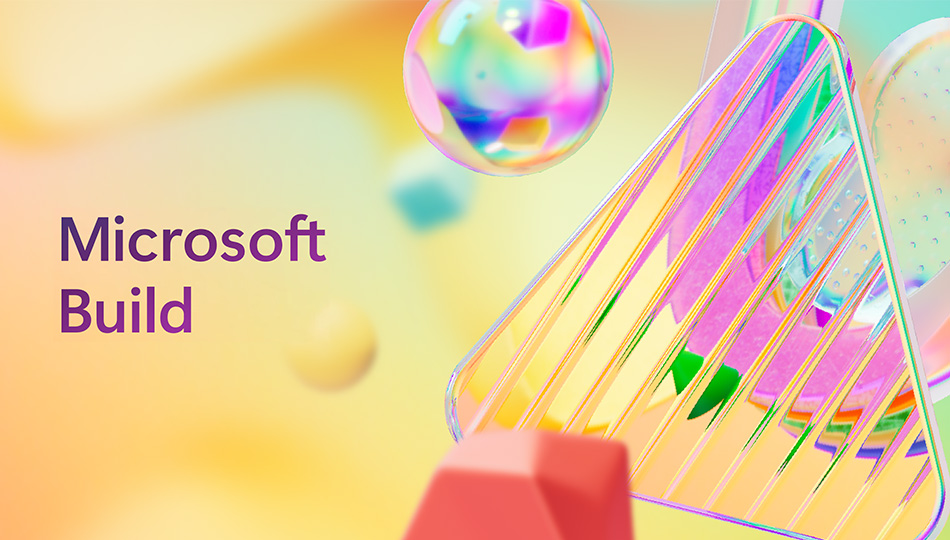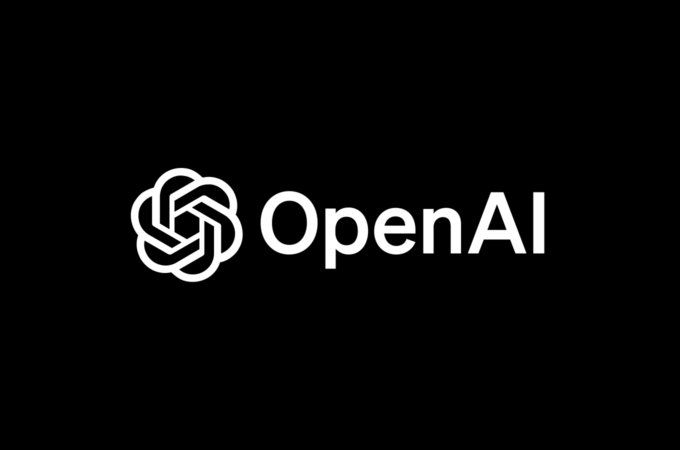
Microsoft Unveils Robust AI Innovations at Build 2024
Microsoft’s Build 2024 conference showcased a suite of transformative AI advancements, emphasizing the integration of AI across its platforms and products. The company’s latest developments span from enhancing productivity tools to introducing groundbreaking AI features aimed at revolutionizing user interaction and business automation.
Copilot AI Agents: Virtual Employees for Repetitive Tasks
A significant highlight from the conference is the expansion of Microsoft’s Copilot AI agents, designed to function as virtual employees. These agents can autonomously handle tasks such as monitoring email inboxes, automating routine processes, assisting with employee onboarding, and performing data entry. This proactive approach enables Copilot to operate in the background, executing tasks without needing direct prompts from users.
Charles Lamanna, Microsoft’s corporate vice president of business apps and platforms, underscored the shift from reactive to proactive AI. He emphasized that Copilot’s new capabilities are set to alleviate the burden of mundane tasks, allowing employees to focus on more complex and engaging activities. This evolution reflects a broader industry trend towards autonomous AI agents capable of managing intricate workflows independently.
Advanced AI Models: Phi-3-Vision and Multimodal Capabilities
Microsoft introduced Phi-3-vision, an advanced version of its Phi-3 AI model. This multimodal model is capable of interpreting both text and images, and it is compact enough to function on mobile devices. The integration of Phi-3-vision into mobile technology exemplifies Microsoft’s commitment to making AI accessible and efficient across various platforms. This model is currently available in preview, showcasing the company’s ongoing innovation in AI development.
Enhancements to Microsoft Edge and Teams
The Edge browser is set to receive an AI-powered real-time video translation feature, which will enable users to dub videos from platforms like YouTube, LinkedIn, and Coursera in multiple languages. This feature aims to bridge language barriers and enhance the accessibility of video content globally.
Microsoft Teams, a critical tool for remote work, is also undergoing significant upgrades. Users will soon be able to add custom emojis, fostering a more personalized and engaging communication environment. Moreover, the introduction of Team Copilot will streamline meeting management, project coordination, and task assignments, thus enhancing collaborative efforts within organizations.
AI-Powered Recall Feature
One of the more controversial announcements was the introduction of the Recall feature for Windows 11 PCs. This AI-powered tool provides a “photographic memory” of user activities by taking periodic screenshots. Recall aims to help users quickly locate previously viewed content, enhancing productivity by reducing the time spent searching for information. Users will have control over their privacy settings, allowing them to delete snapshots, adjust recording times, and exclude specific apps from being tracked.
Despite its potential benefits, the Recall feature has sparked privacy concerns, drawing comparisons to technology depicted in the sci-fi series “Black Mirror.” Elon Musk notably expressed his apprehension, highlighting the broader debate around AI and data privacy.
Developer Tools: Azure AI Studio and Copilot Studio
Microsoft also announced significant updates to its AI app-building platforms, Azure AI Studio and Copilot Studio. Azure AI Studio now supports pay-as-you-go inference APIs, enabling developers to create and fine-tune generative AI models more efficiently. This platform allows for the integration of third-party models and offers robust tools for training, debugging, and monitoring AI applications.
Copilot Studio introduces new capabilities, including Copilot agents that can orchestrate complex business workflows autonomously. Developers can now customize these AI agents with specific tasks and knowledge, enhancing their ability to manage diverse business functions. The studio also features extensions and connectors, allowing for seamless integration with various data sources and third-party applications.
The Road Ahead
The innovations unveiled at Build 2024 underscore Microsoft’s aggressive push to embed AI deeply into its ecosystem, aiming to enhance productivity and streamline operations for both individual users and enterprises. As AI technology continues to evolve, Microsoft’s developments reflect a broader industry trend towards creating more autonomous, intelligent systems capable of performing complex tasks independently.
While the potential of these advancements is immense, the company must navigate the accompanying ethical and privacy concerns to ensure user trust and compliance with global regulations. The future of AI in Microsoft’s ecosystem looks promising, with continued advancements likely to redefine the landscape of digital interaction and business automation.




